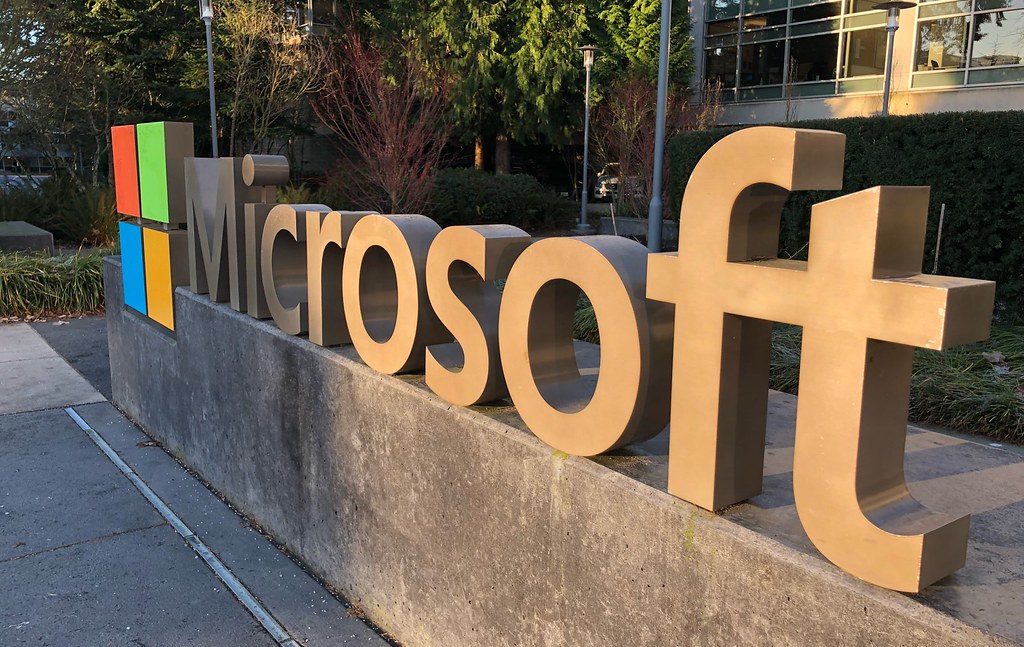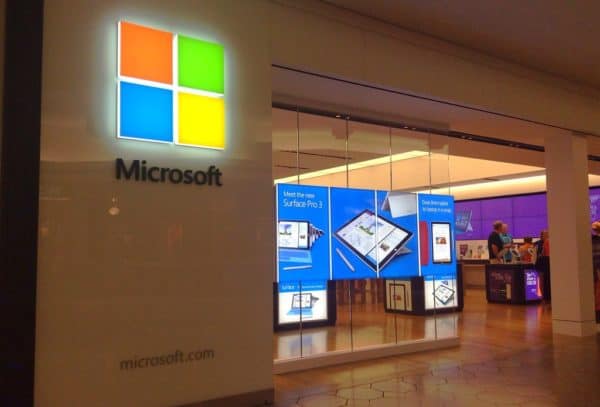
There are dozens of ways to parse the field of technology plays, whether by focusing on earnings growth, market share or what have you, but if you’re looking for a reason to buy Microsoft (Microsoft Stock Quote, Chart, News, Analysts, Financials NASDAQ:MSFT) over the rest of Big Tech, portfolio manager Shane Obata says the lack of regulatory overhang is a definite plus.
Microsoft continues to perform solidly in 2021, delivering a 29 per cent return year-to-date and a 37 per cent return for the last 12 months. That might not be much compared to FAANG stocks like Alphabet (Alphabet Stock Quote, Chart, News, Analysts, Financials NASDAQ:GOOGL) which is up 56 per cent year-to-date and Amazon (Amazon Stock Quote, Chart, News, Analysts, Financials NASDAQ:AMZN) which last year returned 78 per cent. But among the trillion-dollar set, Microsoft has at least one thing over its rivals: its anti-trust battles were fought decades ago whereas for the others they’re just getting started.
Both the US Federal Trade Commission and Department of Justice began poking around Microsoft in the 1990’s in response to the company’s sheer dominance in the operating system business. The result was a series of anti-trust charges saying Microsoft unfairly restricted competition by not allowing PC makers and users to install competing programs like Netscape and Java within Microsoft’s Windows OS.
The initial judgment found Microsoft to be in violation of anti-trust laws and the company was ordered to be broken up into an OS business and one for its other software. But that never happened, as Microsoft won its appeal, leaving the Department of Justice to arrive at a settlement that turned out to be less than satisfying for a number of Microsoft’s critics but which, in hindsight, many see as having tempered Microsoft’s ambitions over the intervening years with a dose of caution.
The same can’t be said for companies like Alphabet, Amazon, Apple (Apple Stock Quote, Chart, News, Analysts, Financials NASDAQ:AAPL) and Facebook (Facebook Stock Quote, Chart, News, Analysts, Financials NASDAQ:FB), who seem intent on expanding their respective empires in the realms of online advertising, hardware and e-commerce despite ongoing legal battles. Antitrust lawsuits have recently been brought against all of them, with the US now looking to nominate a new head of the DoJ’s antitrust division in one Jonathan Kanter, a well-known long-time litigator against Big Tech.
And while the outcomes are still uncertain — Facebook recently scored a victory when an FTC-related antitrust suit was dismissed by a federal judge as “legally insufficient” — many see the threat of future break-ups as enough to put a damper on the market’s enthusiasm for these companies, something that Obata says won’t be the case for Microsoft.
“Microsoft has largely sidestepped the regulatory overhang that is focused on Google, Facebook, Amazon and Apple,” said Obata, portfolio manager at Middlefield Capital, who spoke on BNN Bloomberg on Monday. “There’s not really that much talk about Microsoft.”
“Microsoft went through that on its own a long time ago and perhaps they’ve learned their lessons and perhaps their practices are better now. Whatever is the case, as an investor that should help you sleep at night knowing that Microsoft is still able to go out and make big deals and the other guys are having trouble getting anything done,” he said.
“So, that’s an advantage in our minds,” Obata said.
Microsoft is doing great operationally these days, as well. The company delivered its latest quarterly earnings in late July where it beat consensus forecasts on earnings, revenue and guidance. Overall revenue was up 21 per cent year-over-year to $46.2 billion, with net income up 47 per cent to $16.5 billion and diluted earnings up by 49 per cent to $2.17 per share. Analysts had called for $44.24 billion in sales and $1.92 in earnings. (All figures in US dollars.)
“We are innovating across the technology stack to help organizations drive new levels of tech intensity across their business,” said Satya Nadella, chairman and CEO in a press release.
“Our results show that when we execute well and meet customers’ needs in differentiated ways in large and growing markets, we generate growth, as we’ve seen in our commercial cloud – and in new franchises we’ve built, including gaming, security, and LinkedIn, all of which surpassed $10 billion in annual revenue over the past three years,” he said.
Obata says investors who don’t own Microsoft should be looking for chances to buy it.
“With great companies such as Microsoft you rarely get opportunities like we saw back during COVID, and one of the best things I think you can do as an investor is look for situations where everything is getting thrown out, regardless of the underlying fundamentals for each respective company,” Obata said.
“If you see broad market weakness and people are getting worried about the entire market, those are the times you want to step into something like Microsoft because it’s such a good company that it doesn’t go down frequently and when it does it’s probably not that much,” he said.
“So yes, I would buy it on pull backs,” Obata said.
Leave a Reply
You must be logged in to post a comment.






 Share
Share Tweet
Tweet Share
Share




Comment